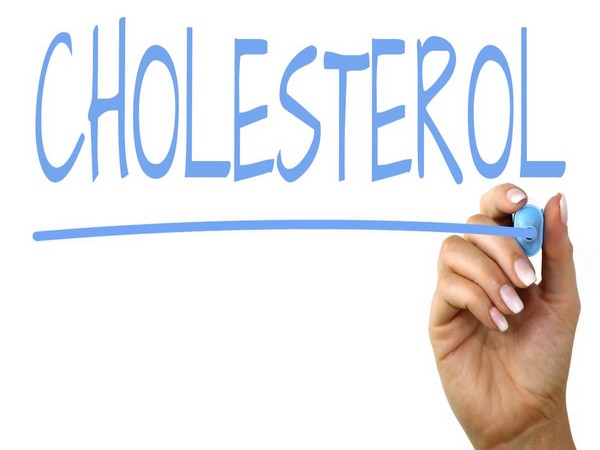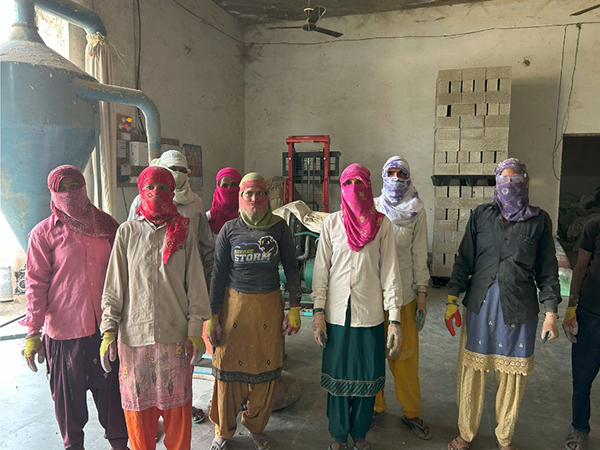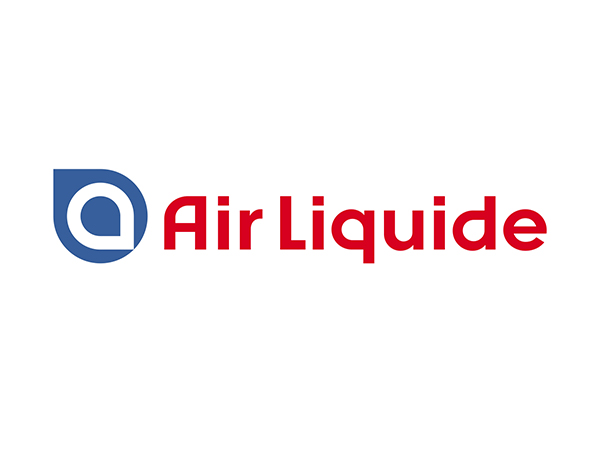
Good cholesterol may protect liver: study
Jul 24, 2021
Chicago (USA) July 24: A research from the Washington University School of Medicine in St. Louis suggests that one type of high-density lipoprotein (HDL), the body's so-called good cholesterol, has a previously unknown role in protecting the liver from injury by blocking inflammatory signals produced by common gut bacteria.
In the new study, the researchers identified a special type of HDL called HDL3 that, when produced by the intestine, blocks gut bacterial signals that cause liver inflammation.
As the HDL3 makes the short journey down the portal vein, it binds to a protein called LBP, lipopolysaccharide binding protein, which binds to the harmful lipopolysaccharide. When the harmful lipopolysaccharide is bound to this complex, it is blocked from activating immune cells called Kupffer cells. These are macrophages that reside in the liver and, when activated by lipopolysaccharide, can drive liver inflammation.
The researchers showed that liver injury is worse when HDL3 from the intestine is reduced, such as from surgical removal of a portion of the intestine.
"The surgery seems to cause two problems," said senior author Gwendalyn J. Randolph, a professor of immunology. "A shorter intestine means it's making less HDL3, and the surgery itself leads to an injurious state in the gut, which allows more lipopolysaccharide to spill over into the portal blood. When you remove the part of the intestine that makes the most HDL3, you get the worst liver outcome. When you have a mouse that cannot genetically make HDL3, liver inflammation is also worse."
In mouse models of a high-fat diet and alcoholic liver disease, the researchers found that HDL3 was protective, binding to the additional lipopolysaccharide released from the injured intestine and blocking its downstream inflammatory effects in the liver.
The researchers further showed that the same protective molecular complexes were present in human blood samples, suggesting a similar mechanism is present in people. They also used a drug compound to increase HDL3 in the intestines of mice and found it to be protective against different types of liver injury. While the drug is only available for animal research, the study reveals new possibilities for treating or preventing liver disease, whether it stems from damage to the intestine caused by high-fat diets, alcohol overuse or physical injury, such as from surgery.
"We are hopeful that HDL3 can serve as a target in future therapies for liver disease," Randolph said. "We are continuing our research to better understand the details of this unique process."
Any sort of intestinal damage can impact how a group of microbes called Gram-negative bacteria can affect the body. Such microbes produce an inflammatory molecule called lipopolysaccharide that can travel to the liver via the portal vein. The portal vein is the major vessel that supplies blood to the liver, and it carries most nutrients to the liver after food is absorbed in the intestine. Substances from gut microbes may travel along with nutrients from food to activate immune cells that trigger inflammation.
The study was published Friday in the journal Science.
Source: Xinhua









